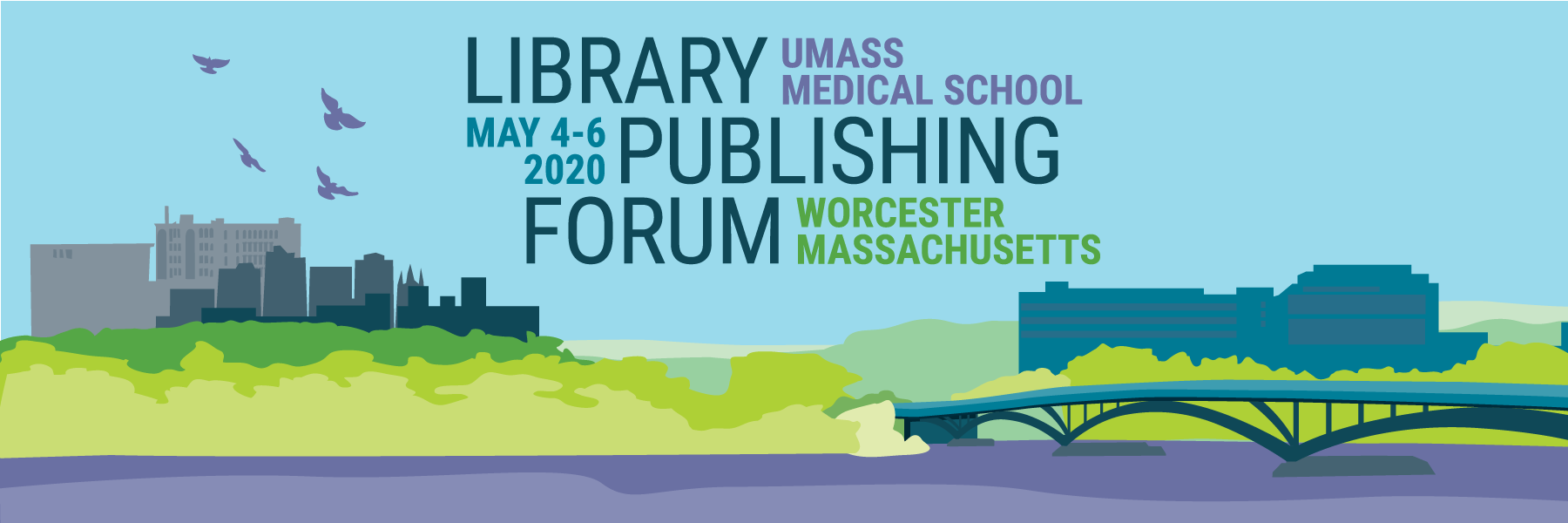Day: Monday, May 4, 4:15 PM to 5:15 PM
Room: TBD
(Re)defining a library’s journal hosting service
Presenters: Mariya Maistrovskaya, University of Toronto; Graeme Slaght, University of Toronto
Description: Whether your library is currently planning a journal hosting service or has been offering one for a while, you may find yourself wondering if this service truly reflects the goals of your institution and best practices in scholarly publishing. For example, does your service support subscription journals as well as open access journals? Is there a requirement that journals distribute their content under an open license? Is there an expectation that hosted journals would follow best practices and publishing standards that would facilitate their inclusion in indices, directories, and databases, such as the Directory of Open Access Journals (DOAJ)? At the University of Toronto Libraries (UTL), a journal hosting service was offered long before the library’s Open Access Support criteria were formalized, and as a result the two were rather out of sync. In this presentation we will go over the UTL’s collaborative cross-campus project to examine the two sets of criteria and align its hosting service with the library’s goals for open access support and with best practices in scholarly publishing.
Conducting a copyright audit on hosted journals and best practices for training and documentation
Presenters: Jessica Lange, McGill University, Ana Rogers-Butterworth, McGill University
Description: Many small journal programs operate on a ‘hosting and advising’ model. In such models, the publisher provides hosting and technical support and acts as an advisor to journals on issues such as indexing, copyright etc. While this model has its benefits (streamlined, easy, low cost) it has some challenges, particularly as journal editors may or may not take the advice, read documentation, or follow through on the publisher’s suggestions. In reviewing the copyright information on the library’s journals sites, it was apparent that although the library was providing copyright advice to their hosted journals, many were not following through on their recommendations. To confirm this suspicion, the librarian conducted a ‘copyright audit’ of the journals in their publishing program based on the recommendations of Vanderjagt (2017). In line with the findings of Scholsser (2016), the audit revealed that most journals were not following suggested best practices. This has led the librarian to re-evaluate the publishing program’s training and onboarding program as well as its documentation.
This session will discuss how to conduct a copyright audit at your own institution and will describe the revised training model for the library’s hosted OJS journals. The session will also include a brief discussion of how small journal-publishing programs can get their journals to act on the publishing program’s copyright advice and incorporate it into the journal’s publishing practices.
Schlosser, M. (2016). Write up! A study of copyright information on library-published journals. Journal of Librarianship and Scholarly Communication, 4. DOI: http://doi.org/10.7710/2162-3309.2110
Vanderjagt, L. (2017). Bridging the Gap: Best Practices for OA Journals Articulating Policies for Open Repository Archiving. Presentation at the Public Knowledge Project Conference, Montreal, Canada.
